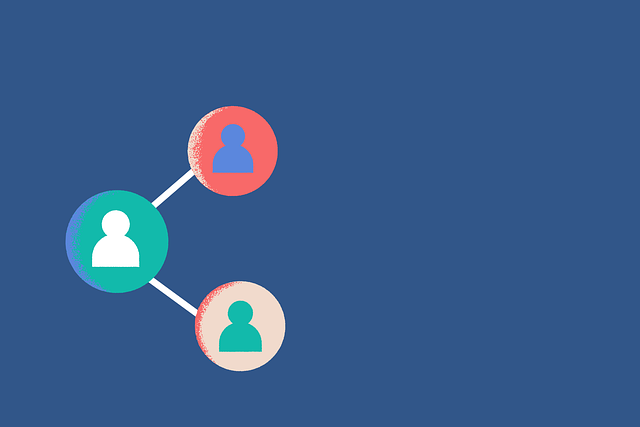Fatigue in group settings poses challenges for participants and facilitators, impacting performance, productivity, and harmony. Facilitators must recognize fatigue signs early through techniques like AI avatar mirroring, which uses digital avatars to analyze body language and communication patterns in real-time. This method helps adjust teaching strategies proactively, ensuring everyone benefits without compromising well-being. Implementing and refining AI bot training is crucial for accurate fatigue detection, enabling early intervention strategies and maintaining optimal performance and well-being in group sessions.
In today’s digital age, monitoring fatigue during group sessions poses unique challenges. This article delves into these complexities, focusing on a revolutionary approach using AI avatar mirroring technology to detect signs of fatigue early. We explore the impact of this method on enhancing participant well-being and overall session effectiveness. By examining real-world applications, we provide insights into training AI bots to recognize performance markers indicative of fatigue, ultimately fostering more engaging and productive group experiences.
- Understanding Fatigue in Group Sessions: Challenges and Impact
- AI Avatar Mirroring: A Novel Approach to Detect Fatigue
- Implementing and Refining the AI Bot Training for Effective Monitoring
Understanding Fatigue in Group Sessions: Challenges and Impact

Fatigue, especially in the context of group sessions, presents a unique set of challenges for both participants and facilitators. When multiple individuals engage in collaborative tasks or discussions, the dynamics can become intricate as fatigue levels vary among peers. This diversity can impact not only individual performance but also the overall productivity and harmony of the group. For instance, an AI avatar mirroring human gestures might struggle to accurately represent a fatigued individual’s body language, potentially leading to misunderstandings during interactions.
In group settings, fatigue can cause decreased attention spans, slower response times, and reduced emotional engagement. These changes may disrupt the natural flow of conversations and collaborative efforts. Facilitators must be vigilant in recognizing signs of fatigue early on to implement strategies that mitigate its impact. This might involve scheduling regular breaks, ensuring adequate rest periods between intensive tasks, or adjusting group activities to cater to varying energy levels. Addressing fatigue proactively fosters a healthier and more productive environment, allowing everyone to contribute optimally throughout the session.
AI Avatar Mirroring: A Novel Approach to Detect Fatigue

AI Avatar Mirroring offers a novel and innovative approach to detect fatigue, particularly in group sessions. By utilizing advanced artificial intelligence, this technique involves creating digital avatars that mirror the actions and behaviors of participants in real-time. These avatars can non-intrusively observe and analyze various performance markers such as body language, facial expressions, and communication patterns, which often indicate signs of fatigue or strain among individuals.
In group settings, AI avatar mirroring allows for a more comprehensive understanding of collective energy levels and engagement. The digital avatars can provide valuable insights to facilitators or instructors by highlighting when individual participants are showing signs of tiredness or decreased focus. This proactive approach enables timely adjustments in teaching strategies, ensuring that everyone in the group receives the full benefit of the session without compromising their well-being.
Implementing and Refining the AI Bot Training for Effective Monitoring

Implementing and refining AI bot training is essential for effective fatigue monitoring in various settings, especially during group sessions. These bots, designed to mirror human behavior, can learn and adapt to individual performance markers, such as response time and communication patterns. By analyzing these data points, the AI avatars can detect subtle changes indicative of fatigue or decreased alertness. Over time, the system becomes more accurate, enabling early intervention strategies.
Refinement involves continuous learning and feedback loops. As the bots interact with participants, they collect valuable data that aids in improving their detection algorithms. Incorporating real-time adjustments ensures the AI avatars become more adept at recognizing nuanced behaviors related to fatigue. This iterative process is crucial for enhancing the overall effectiveness of the monitoring system, making it a powerful tool for maintaining optimal performance and well-being during group activities.
The integration of AI avatar mirroring in group sessions presents a promising solution to detect fatigue, offering a non-intrusive and engaging method. Through meticulous bot training on performance markers, this technology can significantly enhance monitoring capabilities, improve participant experiences, and foster more dynamic and inclusive group settings. As research progresses, refining AI bot algorithms will be key to unlocking the full potential of this innovative approach in various social and professional contexts.
